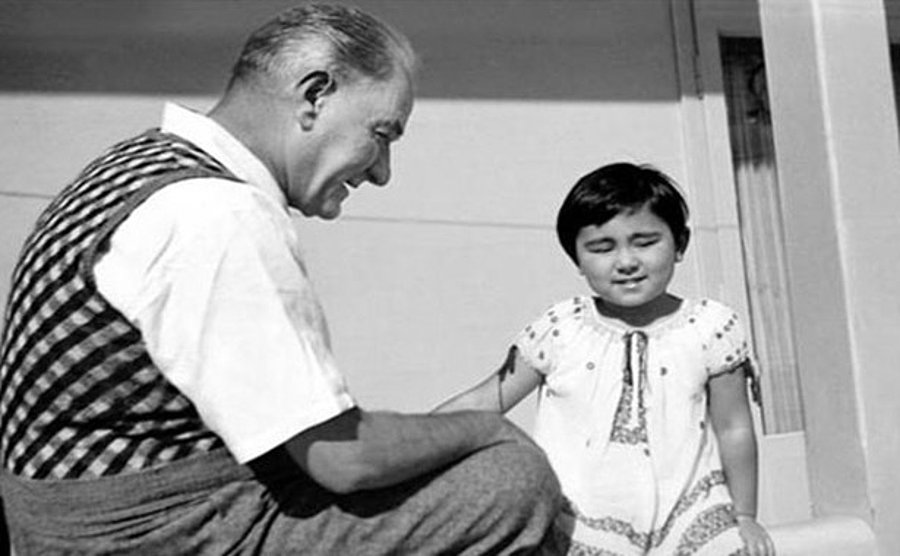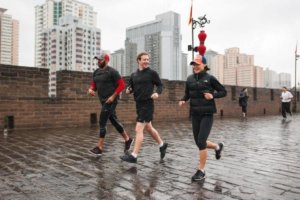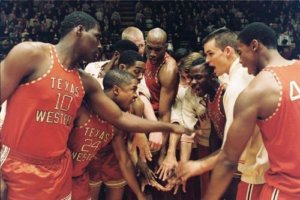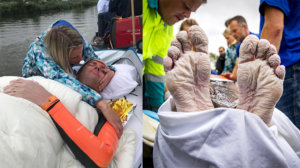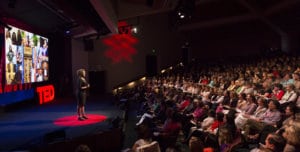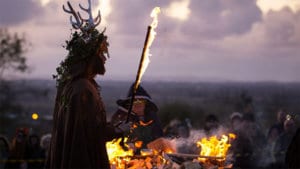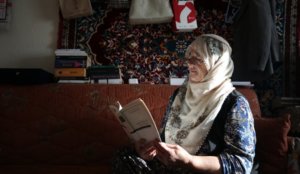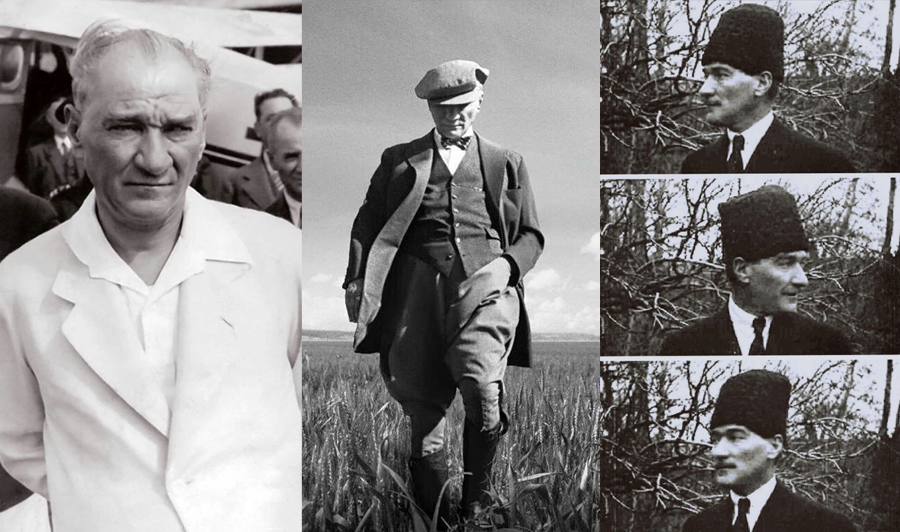
82 years have passed since April 10, 1938. Mustafa Kemal Atatürk’s life passed with tough wars, inadequate conditions, endless enemies, an unfinished struggle for independence and many other difficulties. After Atatürk, thousands of books were written and hundreds of memories were told. With the words of my friends; I wanted to compile memories with Atatürk’s friends in order to get to know him better and understand him better. This compilation you will read is just a few of Atatürk’s memories that have come to light.
1) Mustafa Kemal is still in the 3rd Military Academy. While in the classroom, the thought of freedom comes to mind. Ali Fuat Cebesoy, his classmate from the Military Academy, describes this in his book “My Classmate Atatürk I”:
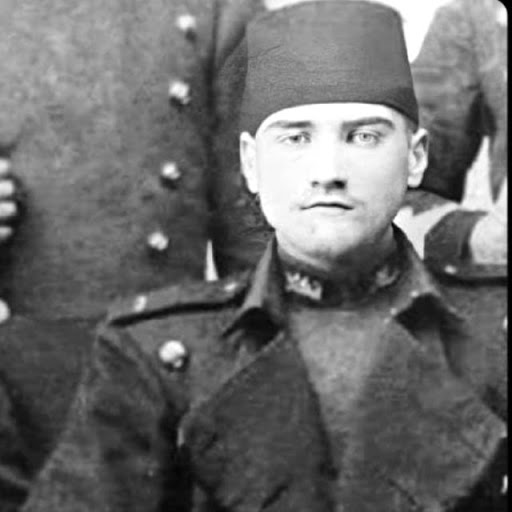
“The most important thing that kept Mustafa Kemal busy in the third year of the Military Academy was the issue of freedom, after saving this, it would be possible to improve the administration in every field. For this, it was necessary to organize. Only young officers could make the organization for the country. Mustafa Kemal had the following imagination:
Third class was crowded. Only a few of them could go to the Military Academy. The rest would be dispersed to the continents to which they were assigned. He was already giving suggestions to those he secured from them to establish an organization wherever they went. One day to me:
– Fuat, I know these friends will not be able to fight. But it is also certain that they are in a more advantageous position than us. Because they will join the ranks of the army before us, and if they go to Rumelia, they will have prepared a ground for us when the war comes out.”
2) Ali Fuat Cebesoy, a friend of Mustafa Kemal, describes the day he saw Mustafa Kemal crying for the first time, when he was still at the beginning of everything, in his book titled “My Classmate Atatürk II”:
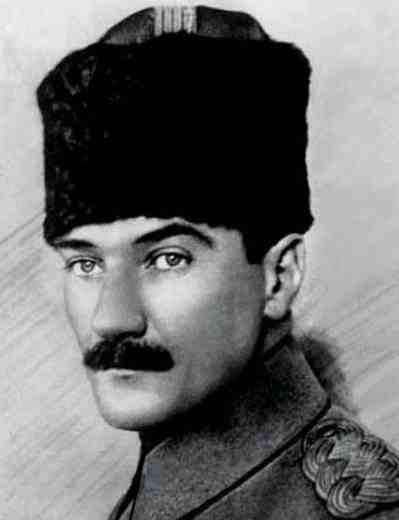
“The Tripoli War had begun. I was appointed to the staff of the army to be gathered on the Adriatic coast in Manastır. On my way there, I stopped by Thessaloniki. For two nights, I was a guest of my friend Mustafa Kemal, whom I had not seen for three years. Mustafa Kemal was in preparations to go to Tripoli. Two days later he would leave for Istanbul. The next day, we went to the garden of Beyazkule together in the evening. I explained the preliminary stages of Turkish-Italian relations. I explained the letters I wrote to Istanbul and the warnings I made one by one. But I said that none of them were answered. I spilled my drink. Turns out he was worried about me.
Mustafa Kemal 5. He said that while he was under the command of the corps, he wrote down the mistakes and deficiencies he saw in a report and gave it to the commander on 30 June 1911. He read the outline of the report. The division commanders wrote that their duties were ignorant, and in the inspections and criticisms of the regiment and division commanders, their ignorance aroused the feelings of surprise and ridicule in the officers, and that they were incapable of raising the detachments under their command. In the same report, he said: “It is the duty of every honest and conscientious person to try to find a solution to this situation as soon as possible. Those who do not have the authority to command the command, and those who carry out their services, observations and investigations in this regard, should not help the army by being weak-hearted to show mercy to individuals.”
The 5th Corps Commander sent this report to the higher authorities as an example of disobedience and presumptuousness. The commander of this corps is Hasan Tahsin Pasha, who surrendered Thessaloniki to the enemy. Mustafa Kemal “Here is a corps commander for you, this man will work hard in the defense of the homeland. No such thing!” he was saying. Mustafa Kemal had a sad mood tonight. I don’t think he is thinking about the difficulties he will face in the defense of a country whose fate is dark, far from his homeland, and whose people are foreign. Mustafa Kemal was a soldier in the full sense of the word. He knew how to endure difficulties and all kinds of hardships, and he almost enjoyed it. There must have been another reason for his sadness.
– You have something, what happened?
“It’s nothing,” he said. But I am sorry. Will Thessaloniki, where I was born and raised, remain in the hands of the Turks? If I come back from Tripoli, will I be able to come here again?
– What do you mean?
His eyes moistened:
– I’m afraid Fuat, I’m afraid.
Then we talked for hours. That night, as the moon disappeared behind the Olympos Mountains, Mustafa Kemal sighed:
– Oh Thessaloniki, will I see you Turkish again? I have never seen Mustafa Kemal be so touched in our entire joint life.”
“It’s nothing,” he said. But I am sorry. Will Thessaloniki, where I was born and raised, remain in the hands of the Turks? If I come back from Tripoli, will I be able to come here again?
– What do you mean?
His eyes moistened:
– I’m afraid Fuat, I’m afraid.
Then we talked for hours. That night, as the moon disappeared behind the Olympos Mountains, Mustafa Kemal sighed:
– Oh Thessaloniki, will I see you Turkish again? I have never seen Mustafa Kemal be so touched in our entire joint life.”
3) Kılıç Ali describes Mustafa Kemal’s 3-month prison sentence in his book “Atatürk’s Specialties” as follows:
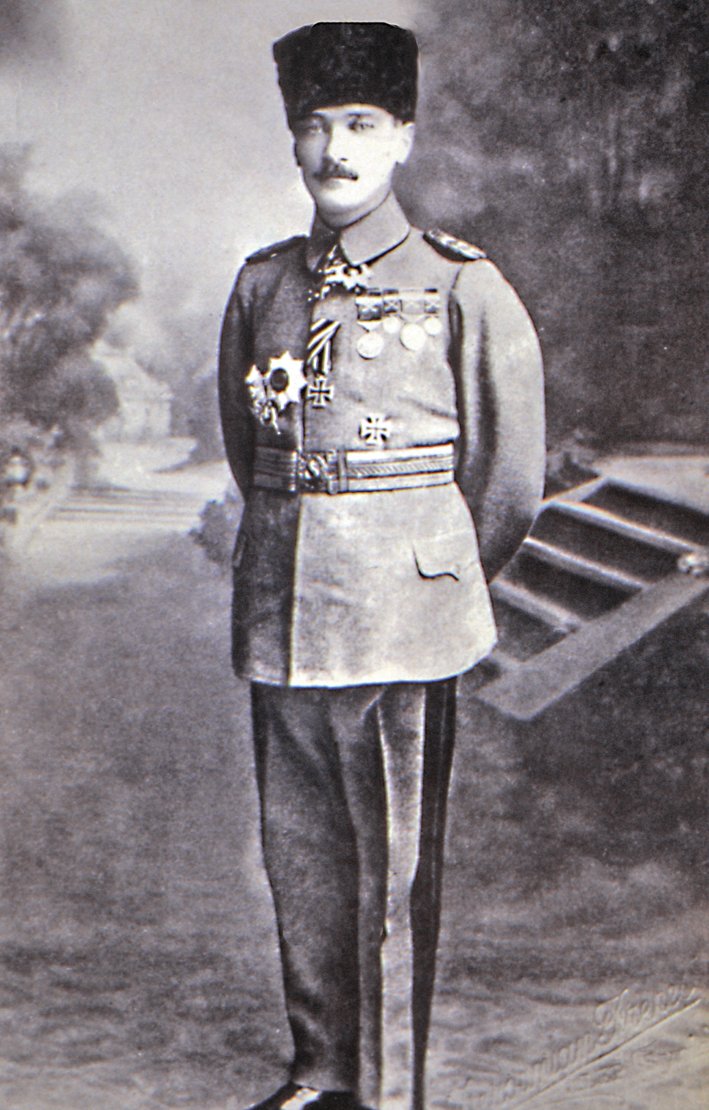
“Mustafa Kemal graduated from the Manastır High School with the first place almost every year, and entered the Istanbul Military School in 1899. Mustafa Kemal used to describe his life in the Military School as follows: “I went to the Military Academy. Here, too, my interest in riyazia remained. When I was in the first grade, I had dreams of youth for a while, I started to neglect the lessons. I didn’t realize how the first year passed like this. However, after the classes stopped and the tests came, I came to my senses. After the second year, I became interested in military lessons as well.”
Again, according to what Mustafa Kemal always told, in the face of the boring pressure of the Abdulhamid administration, free ideas began to emerge in him day by day. Despite all the pressure to reinforce these ideas, which started to be formed under the terrible pressure of the Sultan Hamid era, he still did not hesitate and was not afraid to obtain Namık Kemal’s books and European newspapers. The newspapers and books he obtained, mostly after everyone went to bed in the Harbiye dormitories and fell asleep, tried to read them secretly. His rebellious feeling against Sultan Hamid’s tyranny, which had become intolerable in the country when they passed into the military class, began to widen. He even started to publish a newspaper to be read among the students, criticizing these evils and the tyrannical administration and prepared with his own handwriting.
Mustafa Kemal’s officers continued these works until the end of the military classes and stopped. When he was leaving the school as a captain, he gave more importance to this job and formed a union with his friends who agreed with him to work on it, and they started to secretly meet in this hostel from time to time.
As these movements of Mustafa Kemal were followed closely, he was eventually arrested by the men of Zülüflü İsmet Pasha. After being imprisoned separately for a while, he was taken to the mabeyni humay along with his friend, former Kırşehir deputy, the late Lütfi Müfit Bey. They were interrogated at length by the supporters of Abdulhamid. Statements taken. As a result, it was determined that they had gathered in the hostel, and they were imprisoned for a few months and subsequently released. In his stories, he praised the fact that the principal of the school, Rıza Pasha, had an effect on him receiving such little punishment.
After being released from prison, Mustafa Kemal Bey, who was released from the school in 1904 as a military captain, went to the 7th Army to do his internship at the school. They were assigned to the army and sent to Damascus, which was the center of the army. According to Atatürk’s opinion, this appointment was a kind of exile.”
4) Yunus Nadi describes the day the parliament was opened in his book titled “The First Grand National Assembly”:
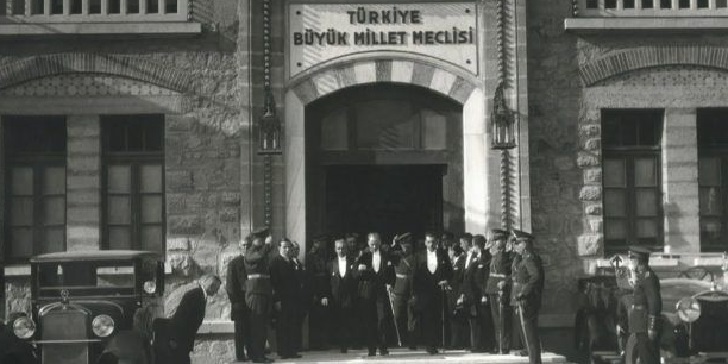
“On Friday, April 23, 1920, when the Turkish Grand National Assembly was opened, it was one of the magnificent and majestic days that Ankara spent. The nation was aware that a new organization was about to be born that day, as if it belonged to its own fortune. There were days when Ankara witnessed such sublime manifestations during this struggle of independence (War of Liberation) that no festival, no festivity, is eternally far from being able to envision the highest degrees that can be imagined by giving the imaginations perseverance (width). Here, even on Friday, April 23, 1920, the opening date of the Grand National Assembly, Ankara witnessed one of these lofty manifestations.
Even in the morning, everyone went out of their homes to participate in the pleasure and joy of the greatest holiday, men, women, children, according to their mood, formed a long queue by wearing their most beautiful clothes with roses. All of Ankara, local and foreign, was trying to fit into this neighborhood, but because it was not possible, it was overflowing. A scene of life that was really exciting with its continuous (continuous) waves and mutawali (consecutive) tides.”
5) Kılıç Ali writes the following about Mustafa Kemal’s use of language in his book “Atatürk’s Characteristics”:
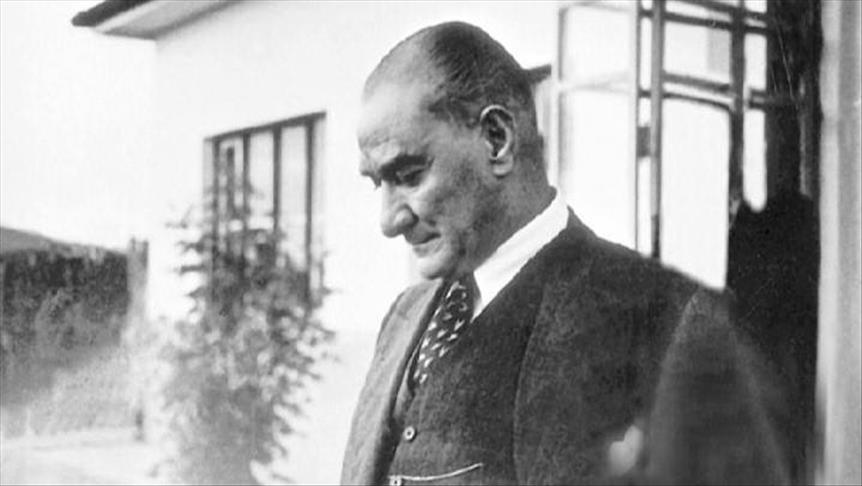
“There are some words that Atatürk pronounced for himself. For example, they used to call the gun worshiper, the whip whipped, yet still, muhakka absolutely (he especially liked this word very much and wished it not to be changed in the new language theory), yogurt for yogurt, and sarcos for drunkards.
He used the word “So” a lot, and in order not to prolong the conversation and say the result, those who often use this word for a long time, “So? By saying that, he would bring his addressee to the point. Its heaviest word was kaim one (herbenneka) instead of ebleh. Atatürk pronounced the words carefully, with full syllables, and never made a liaison.”
6) Abdi İpekçi asked İsmet İnönü, “You stayed in Çankaya the night the proclamation of the Republic was prepared and you made the preparations together with Atatürk. Do you remember that day?” he asks. İnönü explains:
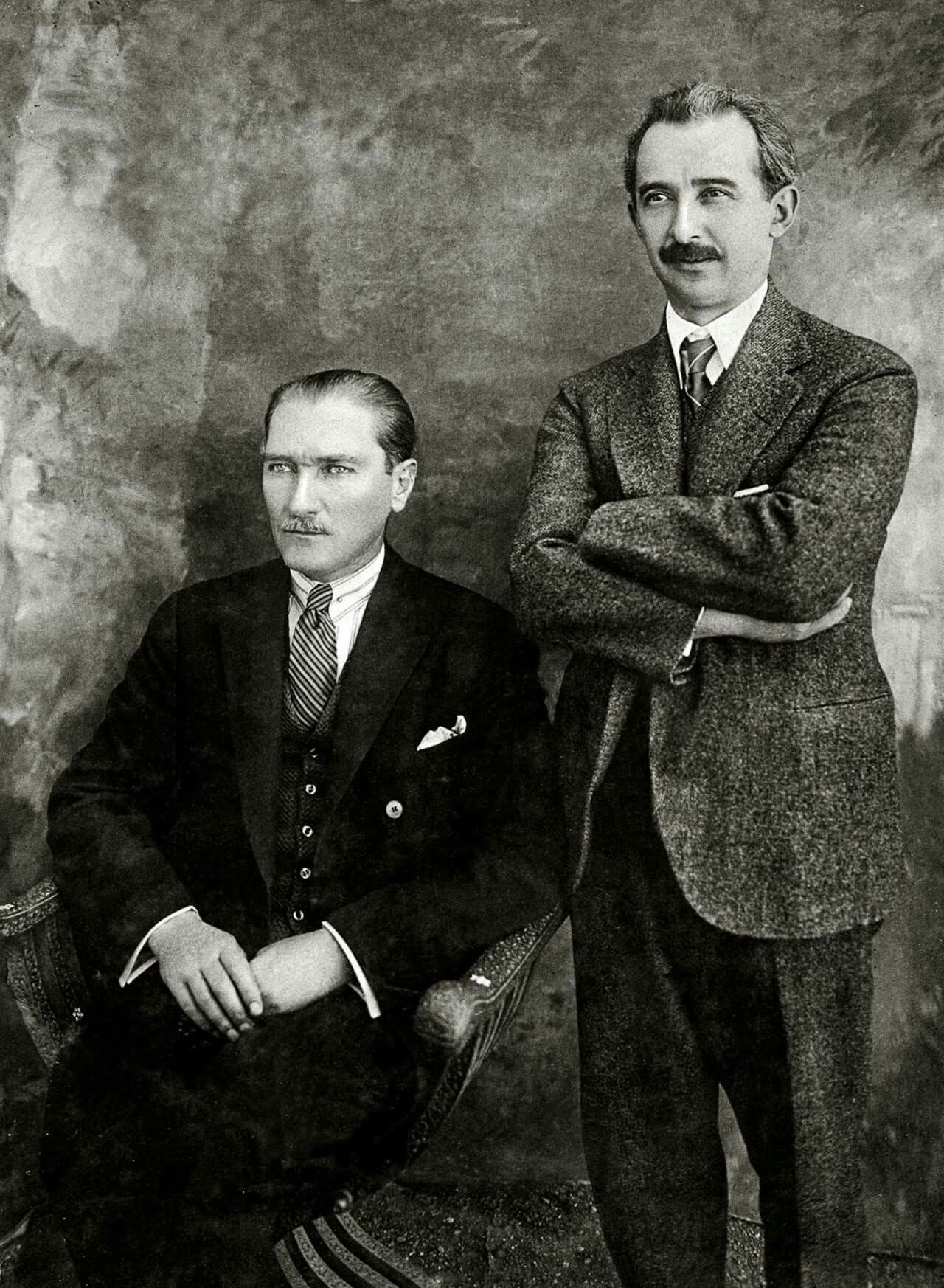
“Atatürk invited us to Çankaya that evening. We ate dinner together. While the guests were leaving, Atatürk told me to stay. We went to the table. First, we discussed the text of the Organization of Fundamental Law. We were making comparisons between the old and the new on each item. Atatürk was dictating the result. I was writing. After completing this way, I read the entire text from top to bottom. Ataturk listened attentively. After it was over, he thought for a while and said, “Preparation is complete.” Said. I was a guest in the mansion that night. I retired to my room. The next morning we reviewed the text once again and went to the Assembly together. It’s done, it’s over…”
7) Even though many years have passed, Mustafa Kemal cannot forget the German beer house he went to in the military. Ali Fuat Cebesoy describes these memories as follows:
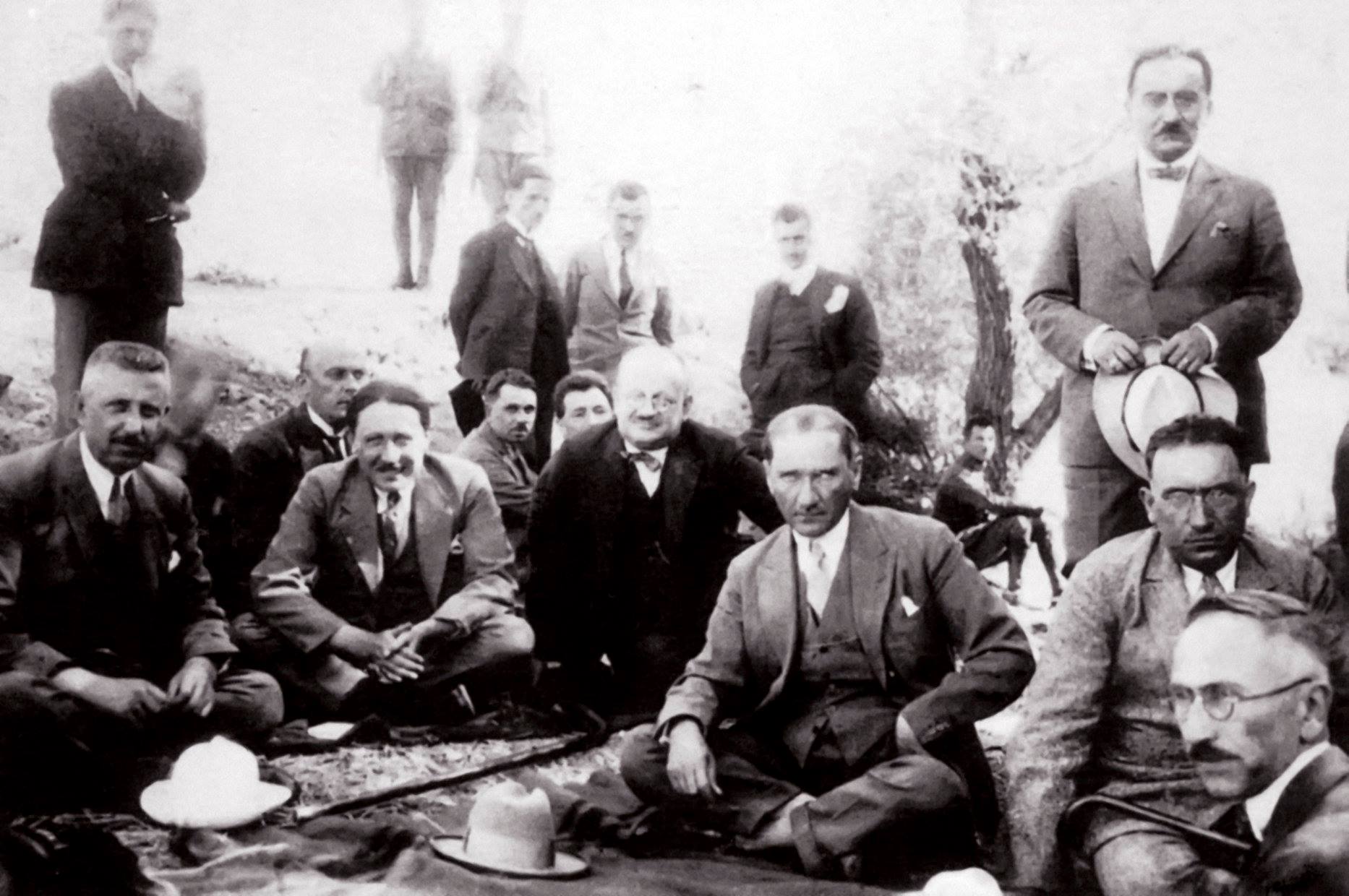
“We used to go to Zeuve beer house in Beyoğlu, especially in summer, during school. A long time passed after that. Mustafa Kemal talked a lot about this pub in his private conversations. Even from time to time, he remembered the old days and felt his longing. How many times during the republican era asked me, “Fuat Pasha, let’s go over there and see how he is.” he had asked. I replied that I did not know, nor did I want to know, that we would both be upset if it was closed or changed its old form into an ordinary shop.
– Right, very true. Let’s let our youthful memories remain intact.
– Right, very true. Let’s let our youthful memories remain intact.
But it didn’t. It was about four years before his death. One evening, they informed me by phone from the palace that Gazi had invited me to dinner. When I came to Tokatlian, the table was set in the back of the hall. Professor Afet Hanım and Sabiha Gökçen Hanım, one of Gazi’s adopted children, were at the table. Gazi said:
– We came here to remember the old days.
– We came here to remember the old days.
After eating and drinking a little, Gazi leaned towards me:
– Fuat Pasha, I always say, we used to go to a German pub together when we were in military class. I think this place is not far from Tokatlian. If you remember your place better, tonight is the best opportunity. Don’t insist anymore, let’s go together again. Maybe we can get Afet Hanım and Sabiha as well. Only those at the table do not know, then they try to prevent it.
– I know where it is. But the brewery is already closed.
– Let’s see it once.
I gave consent. He was satisfied.
– I’m thinking of a plan, now you get up from the table first, go to the toilet, spend some time outside. Then you come out from the back of the hall to the door of the hotel. You wait around the corner. I will come there with one of the ladies, as soon as we see each other, we will unite, we will go.
– Fuat Pasha, I always say, we used to go to a German pub together when we were in military class. I think this place is not far from Tokatlian. If you remember your place better, tonight is the best opportunity. Don’t insist anymore, let’s go together again. Maybe we can get Afet Hanım and Sabiha as well. Only those at the table do not know, then they try to prevent it.
– I know where it is. But the brewery is already closed.
– Let’s see it once.
I gave consent. He was satisfied.
– I’m thinking of a plan, now you get up from the table first, go to the toilet, spend some time outside. Then you come out from the back of the hall to the door of the hotel. You wait around the corner. I will come there with one of the ladies, as soon as we see each other, we will unite, we will go.
Gazi planned the ladies to get up from the table as follows; they were going to get up to buy postcards of Büyükada from the hotel cloakroom. The plan was well executed. I waited at the corner of the hotel leading to Balıkpazarı. Three or five minutes later, he was wearing his Gazi Pasha hat and, if I remember correctly, was coming towards me with Sabiha Gökçen by his side. After looking around a bit, we found the location of the Zeuve brewery. But as I guessed, it was closed years ago and changed its shape. The veteran was sad like a child:
– You are right, Fuat Pasha. I wish we hadn’t come.
I was also disappointed. Another of the memories of youth we had in our dreams was destroyed. We turned and went back to the street. Let’s see, the front of the hotel is in a mess. There is a panic, Salih Bozok;
– Oh my Pasha, why didn’t you tell us?
Mustafa Kemal gave the following answer:
– I wanted to check how much you care about me. Together with my old school friends, we went to a pub that we used to visit a lot, and drank a cool beer there.”
– You are right, Fuat Pasha. I wish we hadn’t come.
I was also disappointed. Another of the memories of youth we had in our dreams was destroyed. We turned and went back to the street. Let’s see, the front of the hotel is in a mess. There is a panic, Salih Bozok;
– Oh my Pasha, why didn’t you tell us?
Mustafa Kemal gave the following answer:
– I wanted to check how much you care about me. Together with my old school friends, we went to a pub that we used to visit a lot, and drank a cool beer there.”
8) Kılıç Ali writes the following about Atatürk’s modesty in his book:
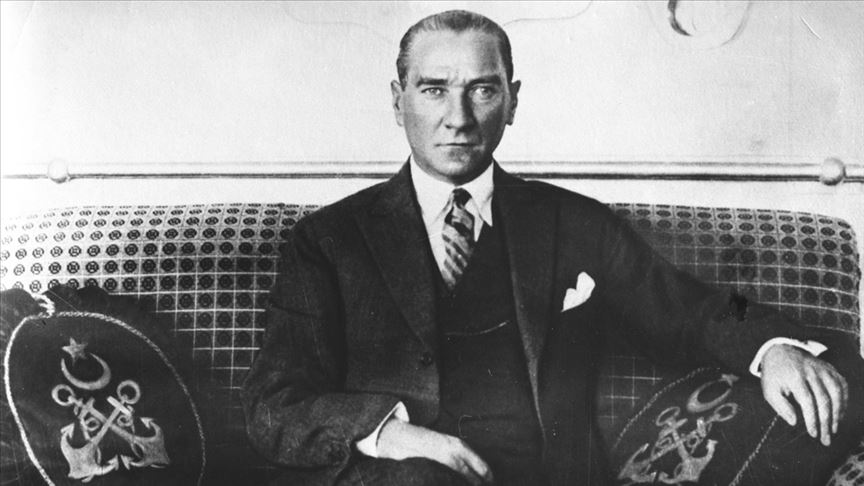
“Because Atatürk was a modest and great man, he did not take his actions to himself. One day, on a trip, one of the people asked himself the following question:
– Where did you get inspiration for what you do?
Atatürk answered this question with one word:
– From my nation!
– Where did you get inspiration for what you do?
Atatürk answered this question with one word:
– From my nation!
Atatürk always said, “Being worthy of the character of a nation is the most reliable guide and guide to show the right path and direction to be followed for a community, but the communal conscience and national self, national belief. This is the only advice from our experience, science and mind. Apart from this, it is heedlessness, ignorance, and heresy to seek a guide or a leader!” they would order.”
9) Mustafa Kemal Atatürk never liked being favored. Again, Kılıç Ali describes this situation in his book as follows:
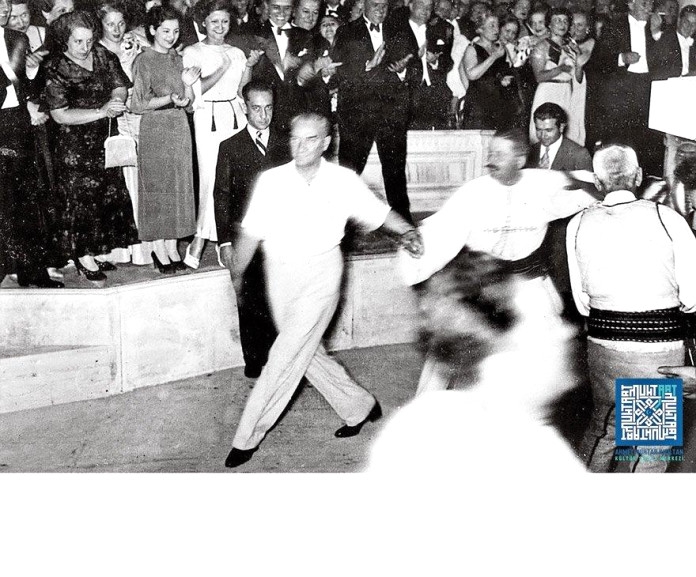
“Atatürk loved to come into close contact with his nation. By participating in the entertainments of the nation, they enjoyed being with the people, having fun and spending time together, and they felt happy. When he was in close contact with the people and had fun together at the Park Hotel, Tokatlıyan, Deniz and Yatı Clubs, and some casinos, you couldn’t get enough of his joy. It would be a source of great joy and joy for him to dance, waltz, and especially national dances with his citizens in such places. Having fun with the public was his greatest ambition. He loved his people so dearly!
The thing that Atatürk was most angry about, disliked, and never wanted was the taking of disciplinary measures around him where he was. Because he trusts his nation so much:
– These folks neither shoot nor make me shoot! He would remove all the measures taken by giving orders, and he would make the duty of the police very difficult.
Some protocol rules of the Presidency would really bore Atatürk. Their greatest ambition was to take their walking stick and their close friends with them, to walk freely on Beyoğlu Street, over the bridge, like any other citizen. Let him get on the tram, sit in public in the now, make special visits to his citizens, all of these were the things Atatürk loved.
– These folks neither shoot nor make me shoot! He would remove all the measures taken by giving orders, and he would make the duty of the police very difficult.
Some protocol rules of the Presidency would really bore Atatürk. Their greatest ambition was to take their walking stick and their close friends with them, to walk freely on Beyoğlu Street, over the bridge, like any other citizen. Let him get on the tram, sit in public in the now, make special visits to his citizens, all of these were the things Atatürk loved.
While he was traveling by car, there would always be cases where he left his car and jumped on the tram, got on the train, suddenly went to Lebon and sat among everyone, went to Vefa and drank the famous boza of that place.
10) In his book compiled from an interview with İnönü, Abdi İpekçi asked İnönü, “What do you think are the aspects that give special features to Atatürk’s personality?” İsmet İnönü’s answer to the question is written as follows:
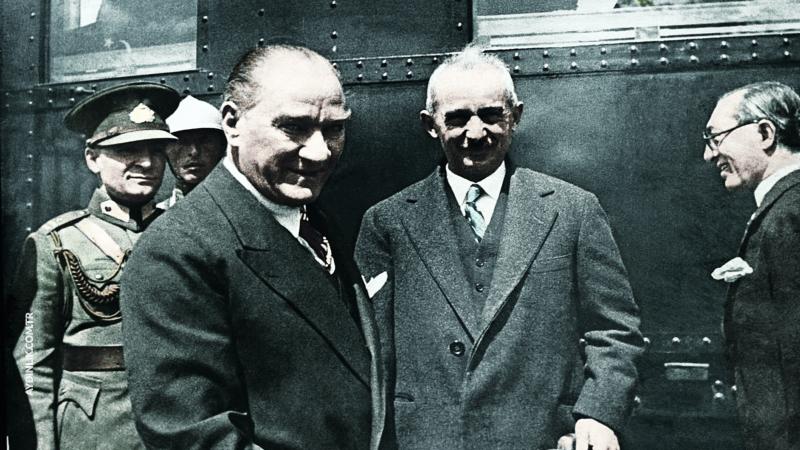
“Atatürk’s undiscovered qualities, which we did not know in his young officer, showed themselves as he faced great duties. They have great sensitivity. He is the decision maker, his decisions are clear. And once he has made a decision, his personality is very influential to enforce it. For example, this sensitivity draws attention especially in the command. He would announce the type of battle he wanted to wage on the battlefield to the soldiers in the furthest place, and his will and determination would spread over him. This is one of the greatest traits for a commander. Military qualifications are really high. He is regarded as a high-qualified commander in every nation, in every era.
It has been observed that their political qualifications are higher. When these two come together, Atatürk’s personality has risen to an exceptional extent. His political skills are indeed very high. The political administration of the National Struggle was as gentle as its administration at the military stage. It might even be more gentle. Atatürk was equally skilful and more dexterous in the administration of the political stage. For example, in my opinion, the establishment of a National Assembly and carrying out the National Struggle together with it was extremely difficult, but it was a wonderfully correct decision. The Sultan’s administration, the sultanate administration, the mechanism that comes from the whole history, is a vital struggle on the opposite side. Against this, the National Assembly can be established and the revolutionaries can continue the struggle by forming a government in the National Assembly. In the military field, in the administrative field, in the field of domestic and foreign policy, this is a marvelous invention. Its precedent is almost nonexistent.
I think that only one of the virtues I have described is strong and important enough to fill a person’s life.”
“Since November 10, 1938, we miss you and understand you better than ever before. 83. th anniversary of your departure from us. We remember you with love, respect and longing.
